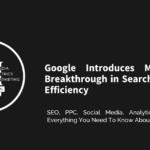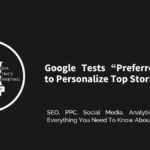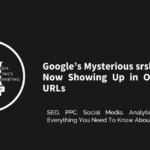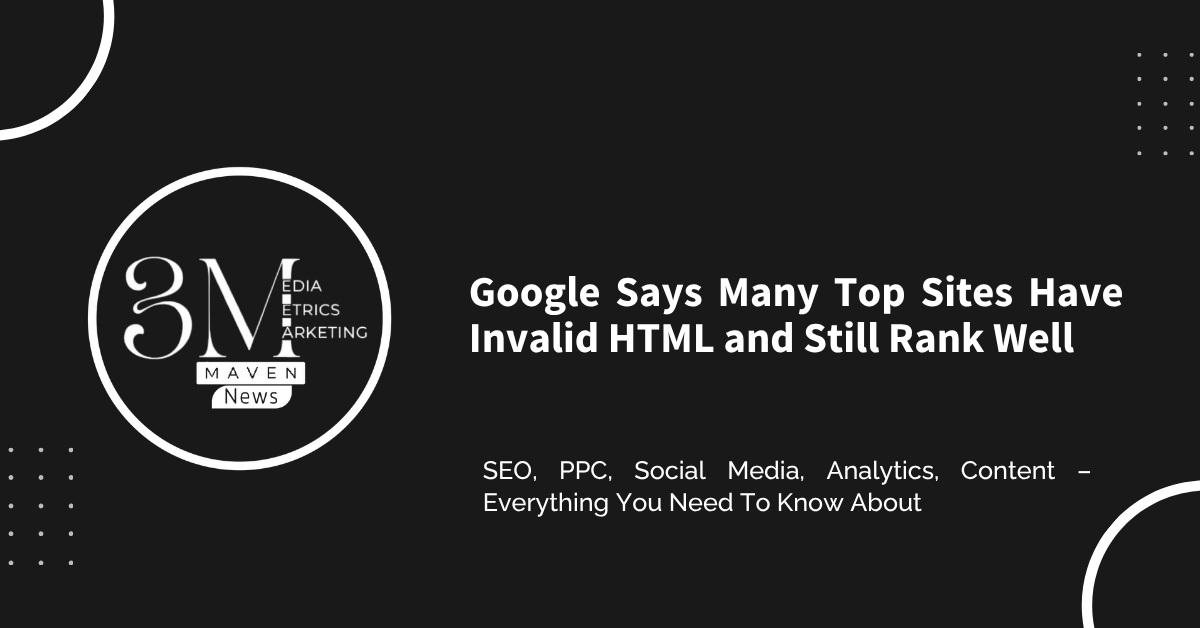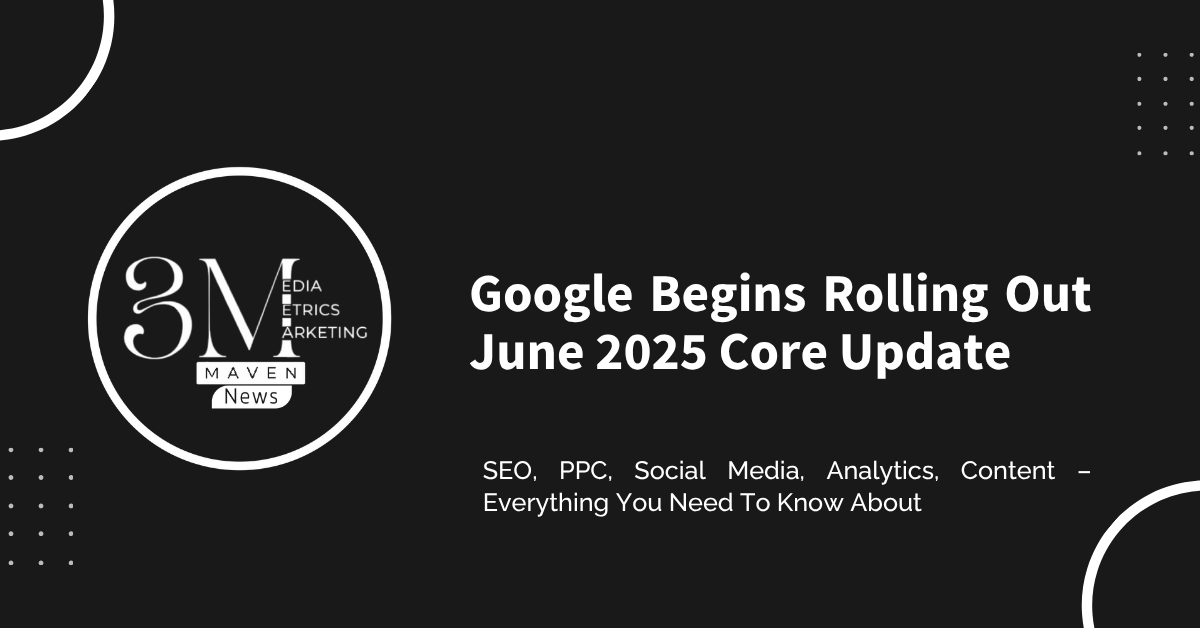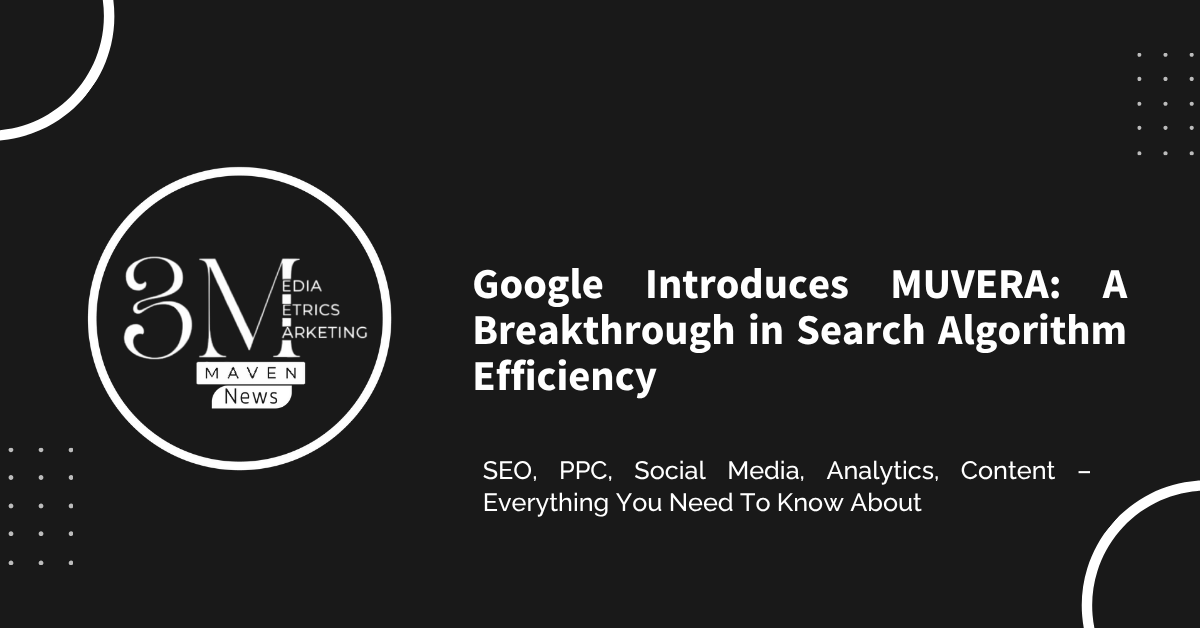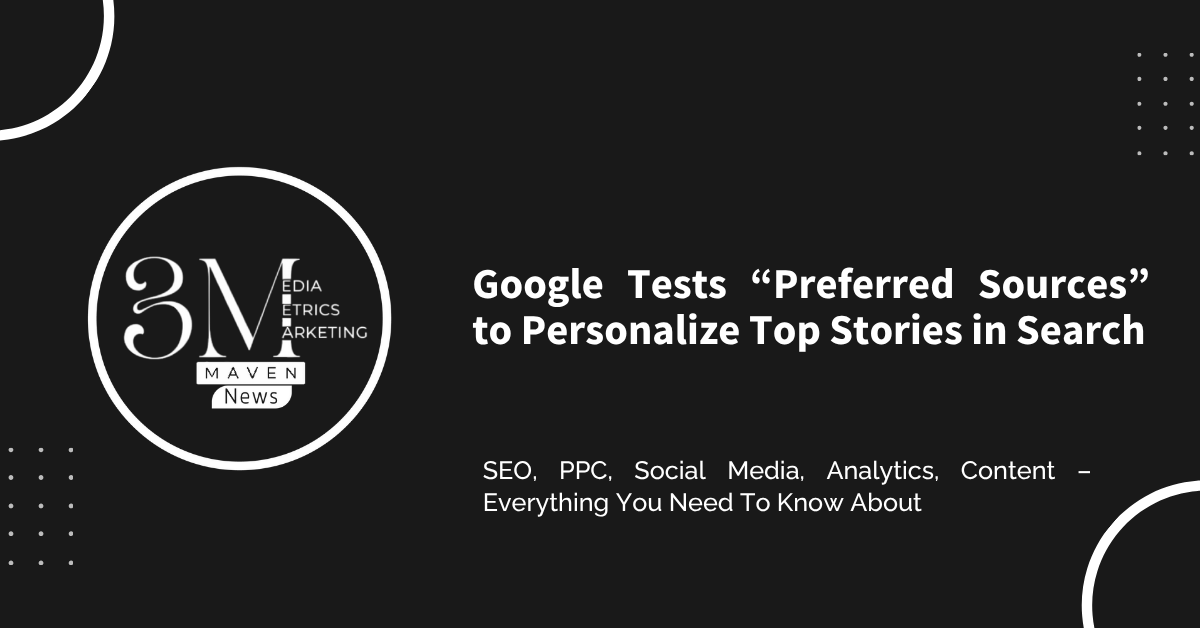Greg Boser, a seasoned search marketing expert with decades of experience, recently took to social media to debunk myths surrounding SEO in the age of generative AI. His commentary was in response to misleading narratives that claim traditional SEO is outdated and that a new strategy—often dubbed “GEO” (Generative Engine Optimization)—is now essential for success.
Boser argues that many assumptions about SEO are rooted in outdated practices from the early 2000s, like keyword stuffing and buying backlinks. He criticizes marketers who frame SEO as obsolete by only referencing outdated tactics, ignoring the evolution of search engines and optimization strategies over the past two decades.
A Brief History of Google’s Evolution
He emphasizes that Google has long been moving beyond the simple model of returning ten blue links. Over the years, Google has introduced several features that fundamentally changed how users interact with search results:
- 2009 – Rich Snippets: Enhanced search results with structured data.
- 2011 – Knowledge Graph: Shifted focus from keywords (“strings”) to real-world entities (“things”).
- 2013 – Hummingbird: Introduced semantic search for better understanding of conversational queries.
- 2014 – Featured Snippets: Provided direct answers at “Position Zero.”
- 2015 – People Also Ask (PAA) Boxes & RankBrain: Incorporated machine learning to interpret ambiguous queries.
- 2019 – BERT: Improved natural language processing for contextual understanding.
- 2021 – MUM: A more advanced version of BERT.
- 2023 – SGE (Search Generative Experience): The introduction of AI-powered search results.
Fear-Based Marketing Around AI Search
Boser also calls out fear-driven marketing strategies that exaggerate the impact of AI search to push so-called “GEO” services. He argues that while AI Mode and AI Overviews present new challenges, they aren’t entirely revolutionary. For example, the concept of “query fan-out”—where the AI breaks down a query into related questions—is similar to existing features like the People Also Ask boxes.
Is AI Search a Threat to SEO?
While AI search introduces complexity by addressing broader information journeys rather than just answering the original query, Boser maintains that SEO fundamentals still apply. Technical SEO, content relevance, and site promotion remain crucial.
However, others in the industry, like veteran SEO Michael Bonfils, note that AI search could disrupt traditional marketing funnels by bypassing awareness and consideration stages, making it harder to capture user data early in the journey.
Conclusion
In essence, Boser’s message is clear: AI search may be different, but it’s not the death of SEO. As always, adaptation is key. Marketers must evolve with the changing landscape, leveraging familiar SEO principles while embracing new ways to provide value in an AI-enhanced search environment.


